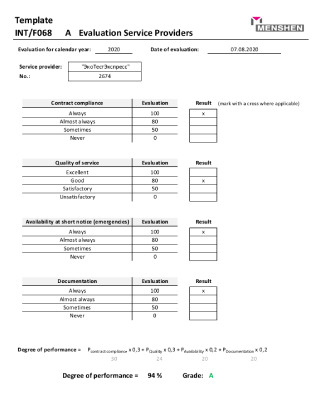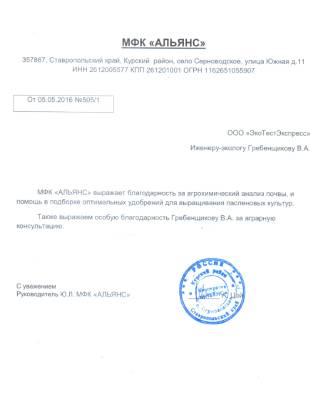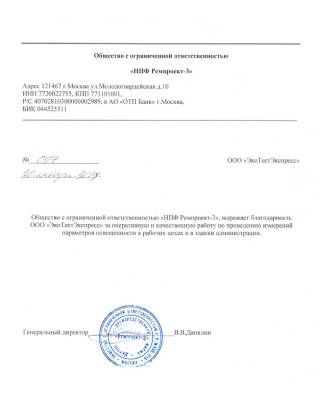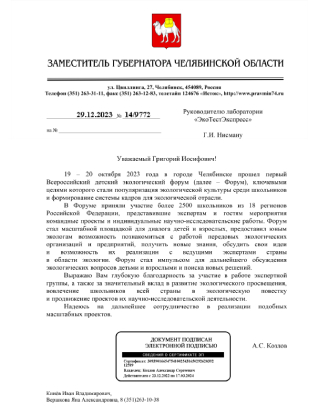- Shifting Tides: Consumer Values Drive 82% Market Change – Examining the Core of Recent Business News.
- The Rise of Conscious Consumerism
- Personalization and the Experience Economy
- The Role of Data Analytics in Personalization
- Impact of AI and Machine Learning
- The Changing Retail Landscape
- The Growth of Direct-to-Consumer (DTC) Brands
- Supply Chain Resilience and Sustainability
- The Future of Marketing
Shifting Tides: Consumer Values Drive 82% Market Change – Examining the Core of Recent Business News.
The constant flux of consumer preferences is reshaping the business landscape, with recent data indicating a significant 82% change in market dynamics driven by evolving values. Understanding these shifts, particularly concerning sustainability, ethical sourcing, and personalized experiences, is paramount for businesses aiming to maintain relevance and achieve sustained growth. This surge in consumer-driven news change affects everything from product development to marketing strategies, demanding a responsiveness unseen in previous eras, accounting for the recent business information circulating.
The Rise of Conscious Consumerism
Consumers are no longer solely focused on price and convenience. They are increasingly factoring in a company’s social and environmental impact when making purchasing decisions. This ‘conscious consumerism’ is particularly strong among younger demographics, who actively seek out brands that align with their personal values. Companies investing in sustainable practices, fair labor standards, and transparent supply chains are seeing a tangible return in brand loyalty and market share. This isn’t simply a trend; it represents a fundamental shift in how consumers perceive their role in the economic ecosystem.
The demand for transparency is especially noteworthy. Consumers want to know where products come from, how they are made, and the ethical implications of their production. This has fueled the growth of certification programs and initiatives aimed at providing consumers with reliable information about product origins and manufacturing processes.
| Sustainability | 65% |
| Ethical Sourcing | 58% |
| Data Privacy | 72% |
| Brand Authenticity | 49% |
Personalization and the Experience Economy
Alongside conscious consumerism, the desire for personalized experiences is driving significant market change. Consumers are bombarded with advertising and marketing messages, making it increasingly difficult for brands to stand out. Personalization – tailoring products, services, and marketing communications to individual consumer preferences – is becoming essential for capturing attention and fostering engagement. This can range from personalized product recommendations to customized marketing emails and targeted advertisements.
This shift towards personalization is closely linked to the ‘experience economy’, where consumers value experiences over material possessions. Businesses that can offer memorable and unique experiences are thriving, creating a sense of connection and loyalty that extends beyond the simple exchange of goods or services.
The Role of Data Analytics in Personalization
Effective personalization relies heavily on data analytics. Businesses are collecting vast amounts of data about consumer behavior, preferences, and demographics. Analyzing this data allows them to identify patterns, predict future behavior, and deliver hyper-personalized experiences. However, the use of data also raises important privacy concerns. Consumers are increasingly aware of how their data is being collected and used, and they expect brands to be transparent and responsible in their data practices.
The challenge for businesses lies in finding the right balance between personalization and privacy. They need to leverage data effectively to enhance the consumer experience without infringing on individual rights or eroding trust. Implementing robust data security measures and providing consumers with clear control over their data is paramount.
Impact of AI and Machine Learning
Artificial intelligence (AI) and machine learning (ML) are accelerating the pace of personalization. AI-powered algorithms can analyze massive datasets to identify subtle patterns and predict consumer preferences with increasing accuracy. Chatbots and virtual assistants are providing personalized customer service and support, improving engagement and satisfaction. ML is also being used to optimize marketing campaigns, delivering the right message to the right consumer at the right time.
However, the use of AI and ML also raises ethical considerations. Algorithms can perpetuate biases and discriminate against certain groups if they are not carefully designed and monitored. Ensuring fairness and transparency in AI-driven personalization is crucial for building trust and maintaining a positive brand reputation.
The Changing Retail Landscape
The rise of e-commerce and the changing consumer values are radically reshaping the retail landscape. Traditional brick-and-mortar retailers are facing increased competition from online retailers and direct-to-consumer brands. To survive and thrive, they need to adapt to the new realities of the market by embracing technology, enhancing the customer experience, and offering differentiated products and services.
Many retailers are investing in omnichannel strategies, integrating their online and offline channels to provide a seamless shopping experience. This might involve offering online ordering with in-store pickup, providing personalized recommendations in-store based on online browsing history, or utilizing mobile apps to enhance the shopping experience.
- Enhanced Customer Service
- Faster checkout processing
- Greater product variety
- Competitive product pricing
The Growth of Direct-to-Consumer (DTC) Brands
Direct-to-consumer (DTC) brands are disrupting the traditional retail model by bypassing intermediaries and selling directly to consumers online. This allows them to offer lower prices, build stronger relationships with their customers, and control the entire brand experience. DTC brands often focus on niche markets and build a strong brand identity based on authenticity and values.
The success of DTC brands is a testament to the power of personalization and the changing expectations of consumers. They are able to collect valuable data about their customers and use it to create personalized products and marketing campaigns. They also excel at building communities around their brands, fostering a sense of belonging and loyalty among their customers.
Supply Chain Resilience and Sustainability
Recent global events have highlighted the vulnerability of supply chains. Consumers are increasingly aware of the complexities of global supply chains and the potential for disruptions. This has led to a growing demand for supply chain resilience and sustainability. Businesses are investing in diversifying their supply bases, building redundancy into their supply chains, and adopting more sustainable sourcing practices.
Investing in regional sourcing and nearshoring is becoming more popular as businesses seek to reduce their reliance on distant suppliers. Implementing blockchain technology to track product origins and ensure transparency throughout the supply chain is also gaining traction. These initiatives are not only mitigating risk but also aligning with the values of conscious consumers.
- Diversify sourcing locations
- Invest in advanced tracking technologies
- Enhance supply chain visibility
- Prioritize ethical and sustainable practices
The Future of Marketing
Marketing is undergoing a profound transformation as businesses adapt to the evolving consumer landscape. Traditional mass marketing techniques are becoming less effective as consumers become more selective about the information they consume. The future of marketing lies in building authentic relationships with consumers, providing value-driven content, and leveraging data to deliver personalized experiences.
Influencer marketing continues to be a powerful tool, but consumers are becoming increasingly skeptical of traditional influencer marketing tactics. They are seeking out authentic and trustworthy influencers who genuinely believe in the products they are promoting. Brands are shifting their focus from reach to engagement, prioritizing quality over quantity when it comes to influencer partnerships. This requires careful consideration to ensure the influencer’s values and audience align with the brand’s.
| Email Marketing | $42 for every $1 spent |
| Search Engine Optimization (SEO) | $57 for every $1 spent |
| Social Media Marketing | $38 for every $1 spent |
| Content Marketing | $39 for every $1 spent |



















